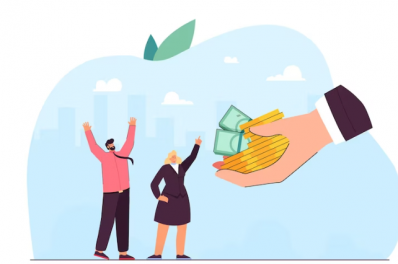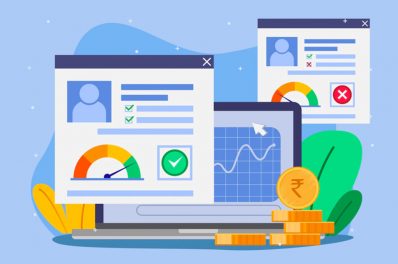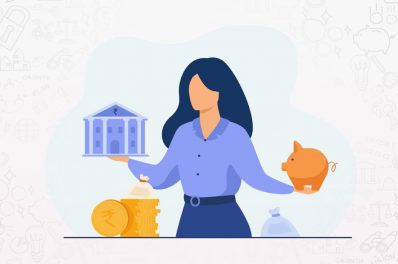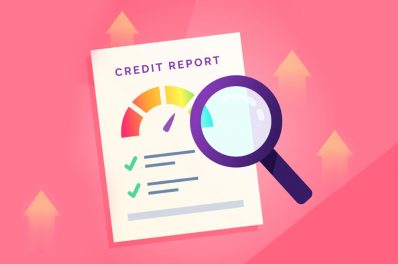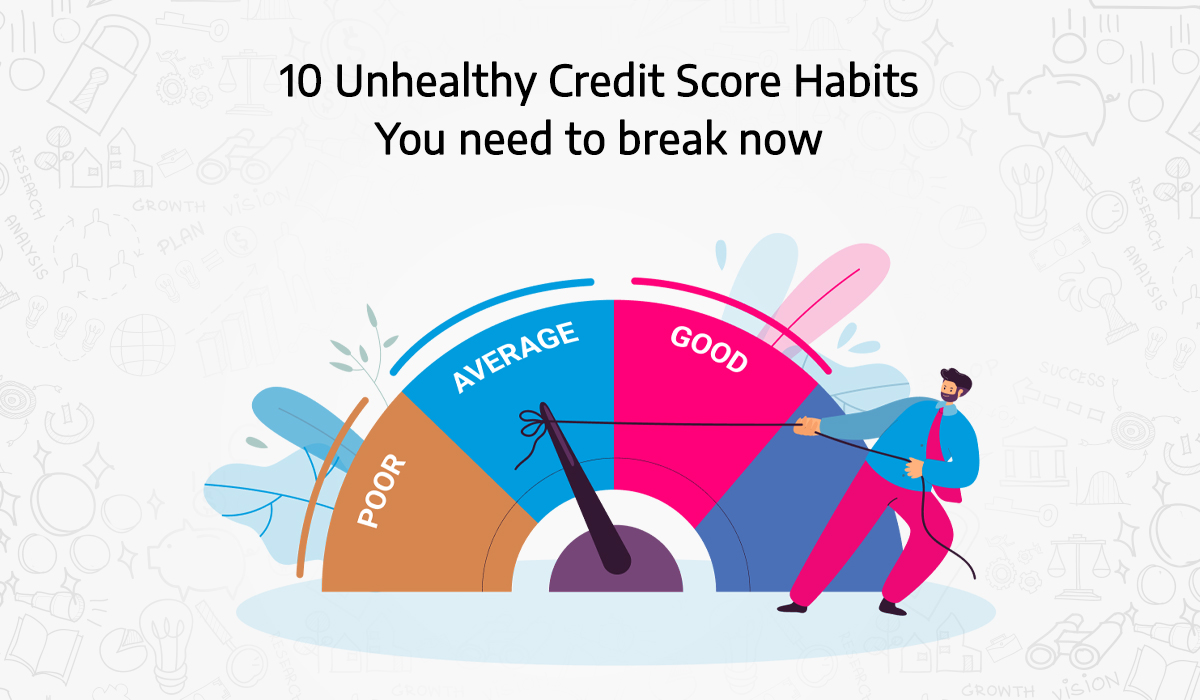
Your credit score is one of the most significant numbers that determine your financial health and creditworthiness. You need to manage your finances well and stay consistent with your credit obligations to get a score higher than 630. However, achieving that score is not easy, especially if you are caught up in bad credit habits. Such habits start with one-time exceptions and drag you into a debt trap that is not easy to escape.
So, give attention to your credit behaviour. If you think you have any of these bad habits, try to get rid of them as soon as possible.
How Significant is Your Credit Score?
Credit score is a 3-digit number that represents your credit history and repayment habits. For instance, Experian is a credit bureau that calculates your credit score based on your repayment history, credit length, diversity in credit profile, credit utilisation ratio, debt-to-income ratio, and other vital parameters.
Ranging from 300 to 900, a higher credit score projects you as a low-risk borrower, due to which lenders get ready to lend you a high loan amount at low interest rate. However, you will find it challenging to find a loan with a credit score lower than 630.
Also Read: Simple Ways to Increase Your Credit Score in India
10 Worst Credit Habits You Need to Avoid
Bad credit habits drag you into a debt trap, damage your credit score, and cause several other financial issues. They hamper your long-term goals and put your financial stability in danger. Identify these 10 worst credit habits and get rid of them quickly to see your credit score improve.
- Not Checking Your Credit Report– Credit bureaus are obliged to provide you one copy of your credit report for free in a year. When you receive it, check it thoroughly and check each entry. Whenever you notice an error or discrepancy, report it to the bureau and your lender.Dispute it and get it corrected immediately to save your credit score. Errors in your report might be holding your credit score down due to no fault of yours. Experts advise checking your credit report carefully at regular intervals.
Also Read: Why You Should Check Your Credit Score Regularly?
- Not Making Payments on Time – If you are managing several credit cards and loan EMIs simultaneously, it is not uncommon to forget to make payments on time. One of the best ways to avoid this habit is to activate e-mandate, after which your due amount is automatically deducted from your bank account even if you forget to pay it manually.Another way to manage several payments is to consolidate debts with a personal loan for debt consolidation and turn your multiple payments into one single payment every month.
- Paying Only the Minimum – Many people have the habit of paying only the minimum instead of trying to pay a little extra on their credit card bills. Remember, when you pay only the minimum, you make no progress in paying off your credit card debt.Other than that, you also pay a lot of finance charges for the due amount. Therefore, try to pay more than the minimum according to your capacity and get closer to paying off the debt entirely over time.
- Pulling Out Credit Card for Each Purchase – Unless you are sure you can pay off the full balance every month or you are racking up an attractive discount or reward, you should prefer using your debit card over your credit card. You have your own money in your debit card, which you should use to pay for purchases like fuel, groceries, clothes, and others. Using a credit card should be a conscious decision with a robust plan to pay off.
- Not Taking Credit at All – Many people have a misconception that not taking credit will increase their creditworthiness when they need to take a loan in the future. But that’s not true at all. Taking credit and repaying it on time is an excellent strategy to build your credit history and improve your Experian credit score.
- Habitually Making Late Payments – Do you frequently make late payments? Remember, paying your loan EMIs and credit card bills on time saves you money in higher interest rates, late payment charges, and other penalties. Plus, it protects your credit score from the impact of late payments. So, activate e-mandate or set a reminder to remember making your payments on time every time.
- Transferring Balances – Transferring balances is a nice strategy to pay off high-interest rate balances. However, fees related to balance transfer can increase your total balance amount. Constantly engaging in this habit to avoid payments can hurt your credit score in the long run.
- Applying for New Loans You Don’t Need – Low-interest rate loan promotions are so inviting. Some people prefer taking a loan over using their savings to meet expenses in their daily life.
Taking a personal loan for a medical emergency, home renovation, education, vacation, debt consolidation, or wedding is preferable over using up savings. However, you may end up falling into a debt circle if you do not have plans to repay them appropriately. - Using Up Most of the Credit Limit – Your credit card has a credit limit up to which you are allowed to make purchases. However, it is not advisable to use up all the credit limit you have. Credit bureaus give a higher score to those who keep their credit utilisation ratio under 30-40%. If you are habitual of using most of your credit limit, you may end up reducing your credit score.
- Taking Only One Type of Loan – Credit bureaus want to see how beautifully you manage different types of loans and credit lines. If you are habitual of taking only one type of loan, you may keep your credit score down because of no diversity in your credit profile.
So, take different types of loans, including secured, unsecured, long-term, and short-term, to diversify your credit portfolio and improve your credit score. These are the 10 worst habits you need to avoid from hurting your credit score.
Once you identify them, try to avoid them as soon as possible and see your credit score improve. Check your online credit score and see where you stand. If it is good, you can apply for a personal loan, or business loan from Clix Capital and cover your expenses in time.
For any queries, find us on Facebook, Instagram, LinkedIn, Twitter, or WhatsApp.You can also reach us at hello@clix.capital.com or call us at +91-120-6465400.T&C Apply*.




